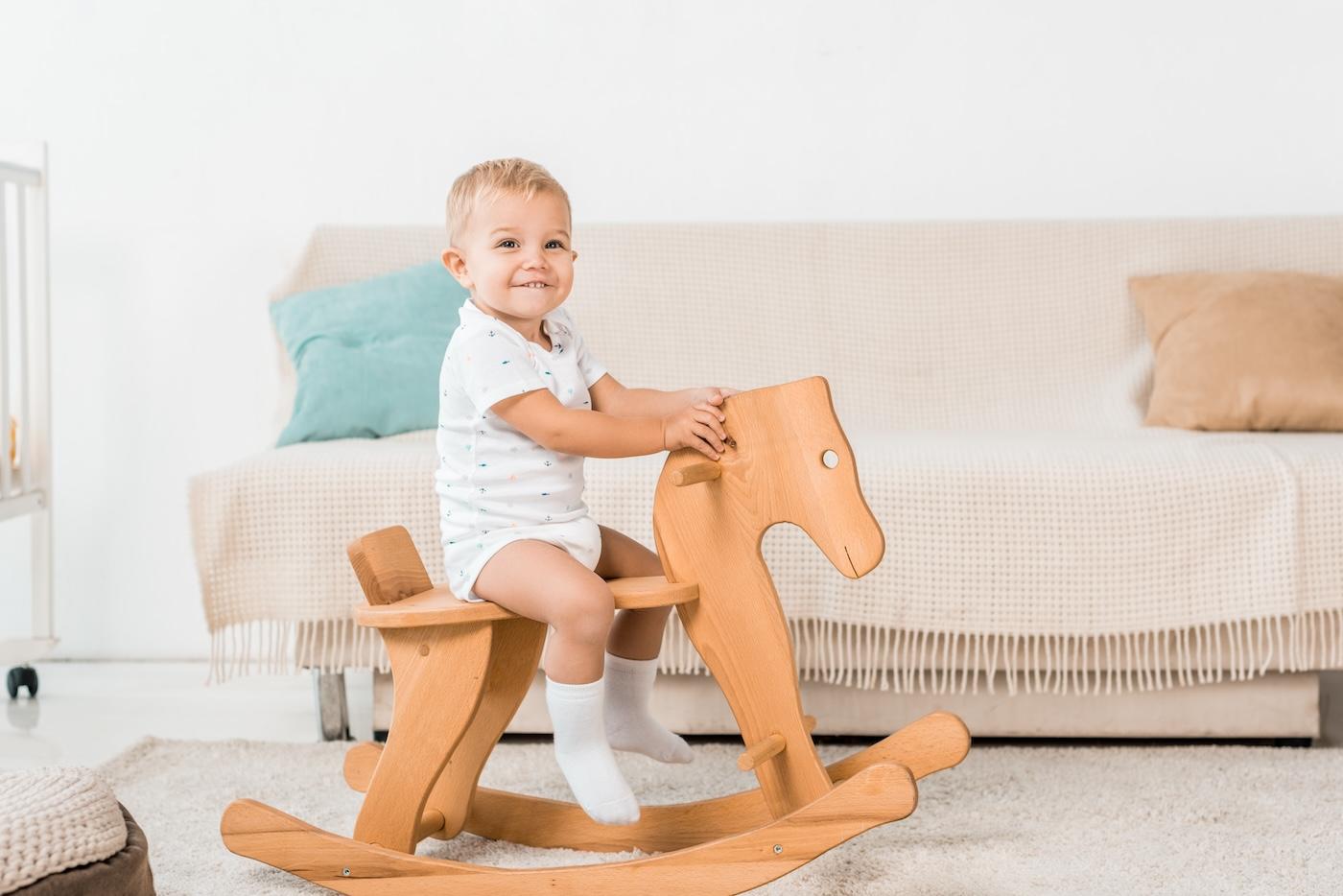BABY
Too Much Breastmilk? What to Know About Overfeeding, Choking, and Coughing While Breastfeeding
Does your baby gulp and guzzle loudly? Does he pull away as soon as milk starts to flow?

Written by
Dr. Harvey Karp

How Much Milk Does a Newborn Need?
You may find that your baby starts feeding with regularity and zero fussiness. However, if your baby’s feeding habits change to the point where he is wailing and fussing during feedings, then you may have too much breastmilk for your newborn.
Too Much Breastmilk: A Real Life Example
At 7 weeks, Luca began to struggle with feedings. He had always eaten with gusto, but now after 2 minutes he’d arch and wail almost as if he hated being in his mom’s arms. But as soon as he was put down, he confused his poor parents by crying even harder!
Frustrated and demoralized, his mom wondered if her milk supply had dried up. Actually, Marija had plenty of milk—in fact, she had too much breastmilk.
When Luca finished eating—and just wanted to suck for pleasure—Marija’s breasts continued spurting fast little streams of milk. Luca literally had to pull away to avoid choking, but he was in a pickle because he still wanted to suck.
Once Marija began holding her nipple like a cigarette—holding her ring and middle fingers in a V shape starting behind the areola and pressing together—she was able to slow the flow of the milk, and Luca became an easy feeder again.
Baby Choking While Breastfeeding
Some babies love milk so much, they overeat. They guzzle 4-8 ounces at a feed—gulping down a lot of air at the same time—and then vomit it all up. Other babies gobble not out of gluttony, but out of self-protection. Their mom’s milk pours out so fast, they’re gulping and sputtering simply trying not to choke.
Flooding can also happen with bottle-feeding. When the rubber nipple is too soft, or the holes in it are too large, infants can gag like they’re drinking from a running faucet.
How to Know If Too Much Breastmilk Is an Issue
- Does your milk spray out of one breast when your baby is sucking on the other?
- Does your baby gulp and guzzle loudly?
- Does your infant struggle, cough or pull away as soon as the milk starts to flow into her mouth?
If you answered yes to these questions, try a little experiment to see if the crying stops when you slow the flow: Right before a feed, express one or two ounces out of each breast. Then, holding your nipple between your second and third fingers, like a cigarette, press your fingers inward—toward your ribs—while you feed your baby. Was there less sputtering and struggling? (You can also try nursing lying down—with your baby on top of you—to try to slow the flow.)
Can You Overfeed an Infant?
It is almost impossible to overfeed an infant while breastfeeding. Babies have a self-regulation system that tells them to eat when they’re hungry, and to stop when they’re full. Babies will tell you that they’re full or hungry by turning towards the nipple (begging for more), or by turning away to signal they’re full. If they’re gaining weight and your pediatrician is not concerned, then you don’t need to worry.
Disclaimer: The information on our site is NOT medical advice for any specific person or condition. It is only meant as general information. If you have any medical questions and concerns about your child or yourself, please contact your health provider. Breastmilk is the best source of nutrition for babies. It is important that, in preparation for and during breastfeeding, mothers eat a healthy, balanced diet. Combined breast- and bottle-feeding in the first weeks of life may reduce the supply of a mother's breastmilk and reversing the decision not to breastfeed is difficult. If you do decide to use infant formula, you should follow instructions carefully.
SHARE THIS ARTICLE
PARENT PICKS
Bestsellers



















